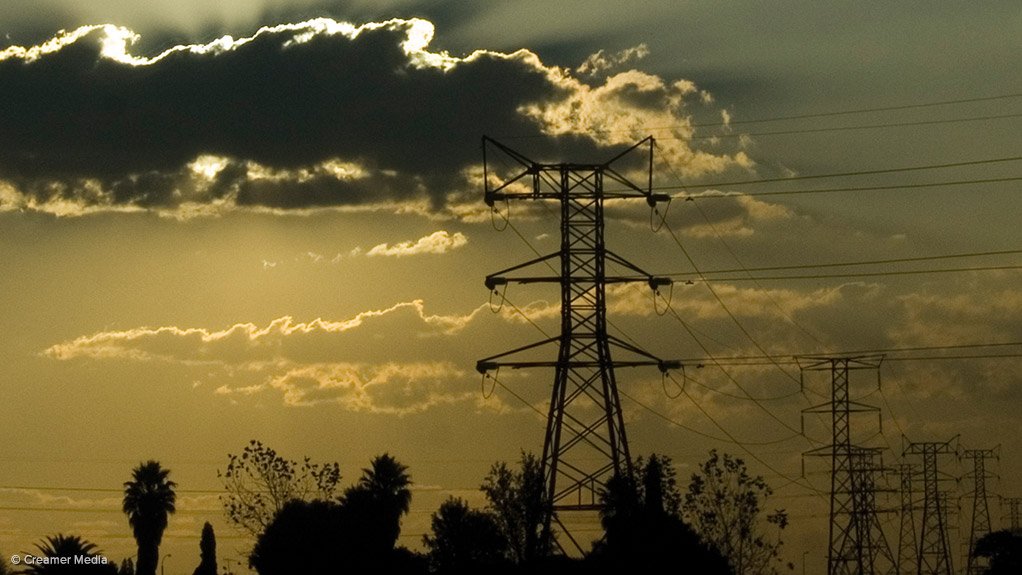The African Utility Week has got under way in Cape Town with a call for more interconnectedness between countries and a concerted effort to power up more households and industries on the continent.
Eskom transmission development group executive Mongezi Ntsokolo said he hoped Southern Africa would have an integrated electricity grid by between 2020 and 2030 which would bring electricity to 260-million people in the region.
“Interconnectedness will ensure power will be transferred quickly from one country to the other,” he told the conference.
Ntsokolo said Eskom was dependent on other countries.
“Eskom imports 1 500 MW from the Cahora Bassa hydroelectric power scheme. The scheme holds significant promise for our region in which we want to build a bigger, greener, more interconnected grid.”
Ntsokolo said electricity supply would remain constrained in South Africa until a number of units of Eskom’s big power stations came on line. He told Engineering News Online on the sidelines that Eskom was working hard to have an uninterrupted supply of energy this coming winter.
“We’re doing certain checks, trying to delay unnecessary maintenance and are ensuring that our people are on high alert. I am confident we can get through this winter okay.”
Ntsokolo said 86% of the South African population had access to electricity compared with 35% in the early 1990s.
International Electrotechnical Commission (IEC) secretary-general and CEO Frans Vreeswijk said African countries had the opportunity to avoid the mistakes of many industrialised countries, which developed their power systems in insolation.
He said African countries were beginning to work together to include a mix of energy, depending on what was more reliable and affordable.
“Several power pools are starting to cooperate. East African power pools have developed a grid code based on international standards,” Vreeswijk told the gathering of power and water professionals from over 70 countries, 30 of them in Africa.
This was a refreshing change from wealthy nations. “National regulations ruled. Nobody cared about other countries. Some still have a very nationalist approach,” he said.
Apart from the major schemes, Vreeswijk has called for more investment in off-grid small-scale electricity generation. The IEC supports development in 83 countries.
The head of Eskom’s renewable initiative, Ayanda Nakedi, said developing countries, including South Africa, faced regulatory risks, with fluctuating currencies having an unsettling impact on them.
"When Eskom is downgraded by ratings agencies, the country follows suit. We are then faced with currency volatility and project finance risks."
Nakedi rated the main challenges facing many countries as regulatory uncertainty, problems with the integration of green energy, trade barriers – with protectionism and unfair subsidies on the increase – and the inavailability of financing.
She said, encouragingly, Spain had stopped its green-energy subsidies, while Italy had phased out solar subsidies. South Africa had also managed to buck the subsidies trend, opting instead for a competitive bidding process, which had seen a reduction in prices in renewable energy.
EMAIL THIS ARTICLE SAVE THIS ARTICLE
To subscribe email subscriptions@creamermedia.co.za or click here
To advertise email advertising@creamermedia.co.za or click here











